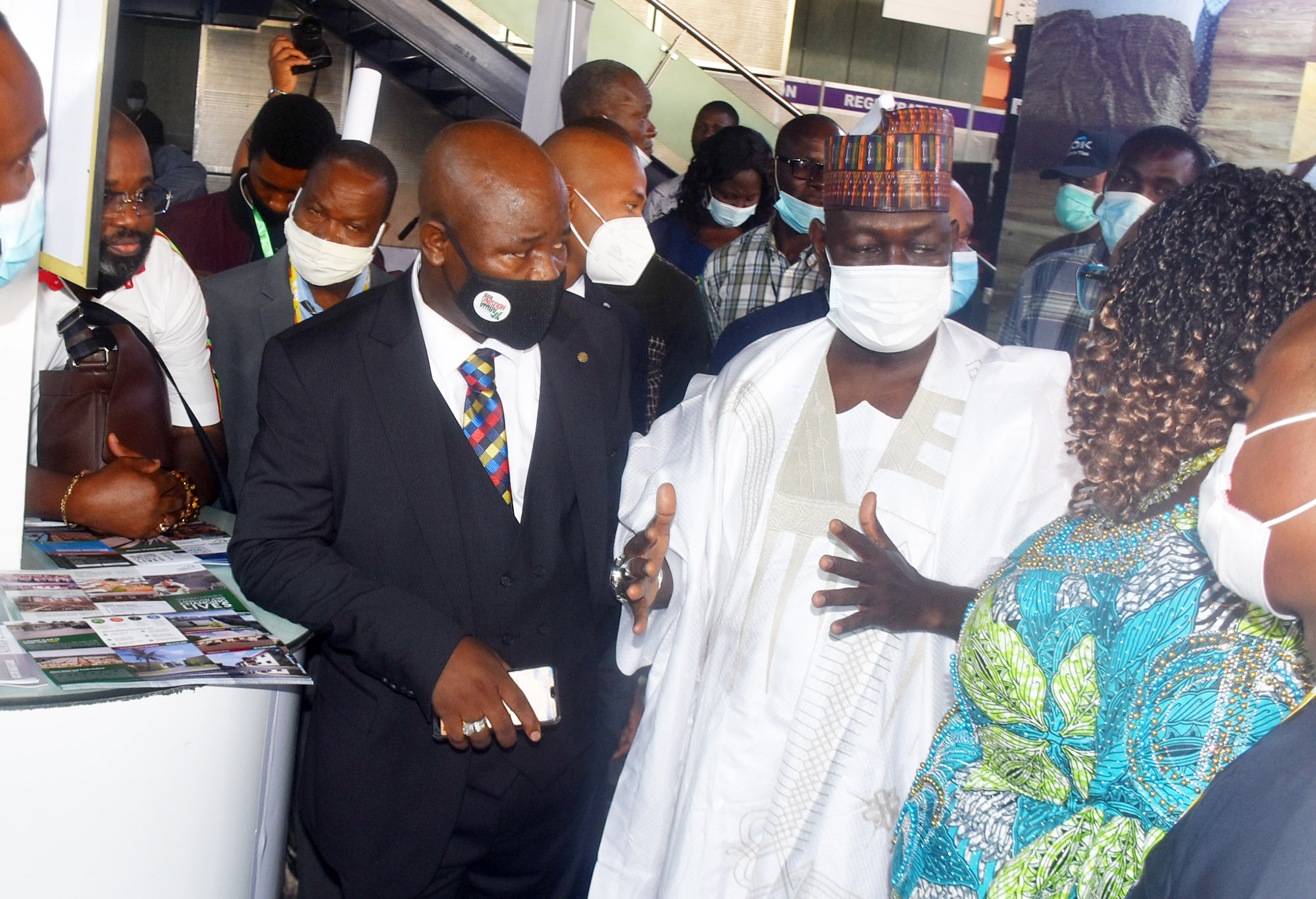Business
Nigeria’s Revenue-To-GDP Ratio Lowest, Private Sector Choking – World Bank

Nigeria’s revenue-to-Gross Domestic Product ratio, which fell to between five and six per cent last year, is the lowest in the world, the World Bank said on Monday.
The Country Director for Nigeria, World Bank, Dr Shubham Chaudhuri, said this during a panel session at a virtual public sector seminar with the theme ‘Nigeria in challenging times: imperatives for a cohesive national development agenda’ organised by the Lagos Business School.
Chaudhuri, who stressed the need for private investment for the country to realise its potential, said the private sector in the country ‘is struggling to breathe’.
“In Nigeria, I think the basic economic agenda is about diversification away from oil because oil has really been like resource curse for Nigeria on multiple dimensions,” he said.
He noted the aspiration of the President, Major General Muhammadu Buhari (retd.), to lift 100 million Nigerians out of poverty by the end of the decade.
He said, “Nigeria is a country with tremendous potential. If you look at the synopsis for this panel, it suggests that Nigeria is at a critical juncture – almost at the moment of crisis.
“Despite all of that, Nigeria is still the largest economy in Africa. So, just think about the potential that Nigeria has because of its natural resources, but more than that, because of its dynamism and all of its population. Nigerians are more entrepreneurial by nature.
“No country has become prosperous and realised its potential, eliminated poverty without doing two simple things: investing in its people, and unleashing the power of the private sector in creating jobs by investing and growing business. And then, of course, the basic function of the state is to provide security and law and order.”
According to Chaudhuri, to invest in people entails basic services, basic education, primary healthcare and nutrition, among others.
He said, “On this, Nigeria at the moment ranks sixth from the bottom in terms of the human capital index that we produce every year.
“So, obviously, there is a huge agenda in terms of investing in human capital. Nigeria spends more on PMS (premium motor spirit) subsidy than it does on primary healthcare in a year, and we know who the PMS subsidy is benefitting.”
He indicated that despite the country’s huge potential to attract private capital, the non-oil part of the economy ‘is not growing that robustly and certainly not generating revenues that the government needs’.
Chaudhuri said, “So, we see as priorities investments in human capital. But for that, one needs revenues. And there again, Nigeria unfortunately has the distinction of having about the lowest revenue-to-GDP ratio in the world.
”The standard rule of thumb is that for government to provide the basic services and law and order, it needs between 15 to 20 per cent of GDP as being revenue, and this will be both at the federal and state levels combined.
“In Nigeria, it was eight per cent in 2019. In 2020, in the middle of the Covid-19 crisis and with the fall in oil prices, that went down to about between five and six per cent.
“So, domestic revenue mobilisation is huge. And then the third is enabling the space for private investment. You have to fix the power problem. Power is like the oxygen of an economy. In Nigeria, the private sector is struggling to breathe.”
Business
NCDMB, Dangote Refinery Unveil JTC On Deepening Local Content
Business
Food Security: NDDC Pays Counterpart Fund For LIFE-ND Project
Business
Replace Nipa Palms With Mangroove In Ogoni, Group Urges FG, HYPREP
-
Rivers3 days ago
Don Sues For Leadership Assessment Centre In IAUE
-

 Niger Delta3 days ago
Niger Delta3 days agoOborevwori Boosts Digitalisation With Ulesson 500 Tablets To Pupils, Students
-
Business3 days ago
Cassava Flour Initiative Revival Can Up Economy By ?255b – COMAFAS
-
Sports3 days ago
Eagles B Players Admit Pressure For CHAN Qualification
-

 Niger Delta3 days ago
Niger Delta3 days agoDon Highlights On The Potential Of Groundwater As Hidden Wealth For Sustainable Future
-
Rivers3 days ago
Group Seeks Prosecution Of Clergy, Others Over Attempted Murder
-
Opinion3 days ago
Restoring Order, Delivering Good Governance
-
Business3 days ago
CRG Partner JR Farms To Plant 30m Coffee Seedlings

